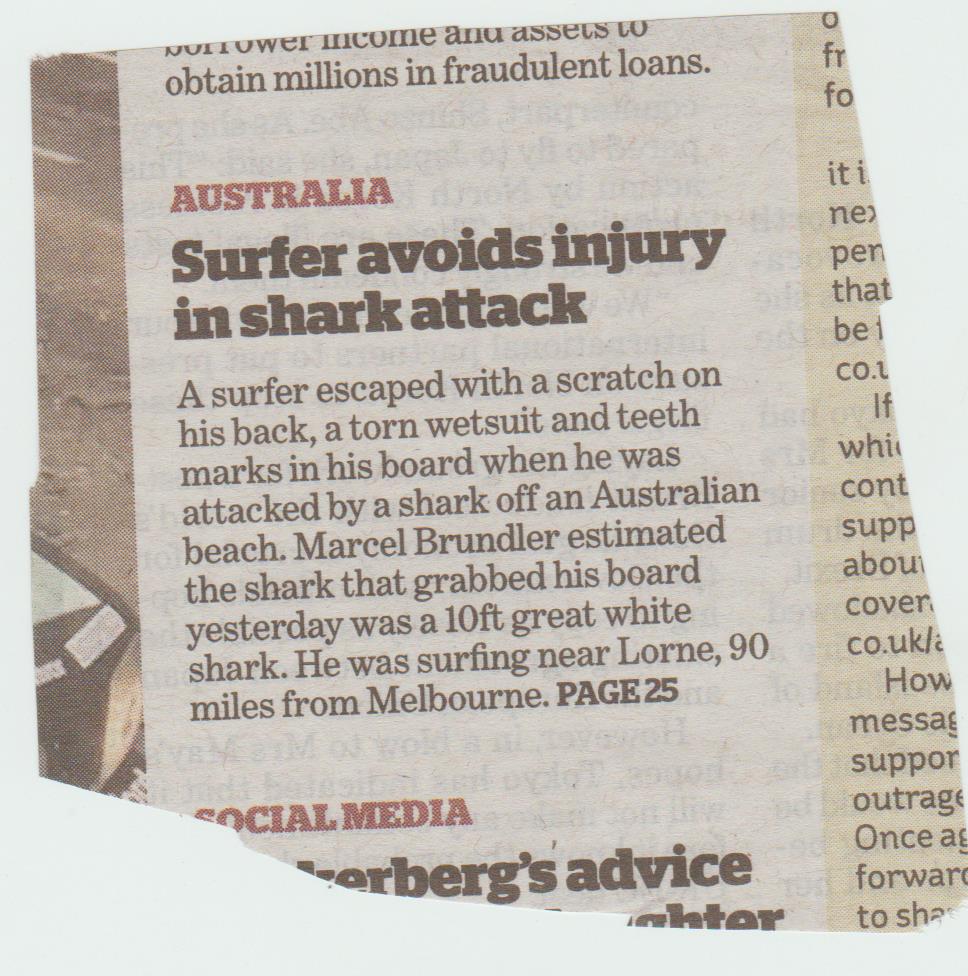 i newspaper, August 30, 2017
i newspaper, August 30, 2017
What is the point of a headline? If it is to tell the reader that the story is not worth bothering about, this one is a knockout. If, on the other hand, you take the old-fashioned view that it is to tempt the reader into finding out more, this is about as bad as you can get.
Surfer attacked by
great white shark
tells the truth but does not give away the ending.
See also Post #184 for more ranting on the same topic.
Incidentally, you don’t need to use ‘shark’ four times, especially not twice in the same sentence.
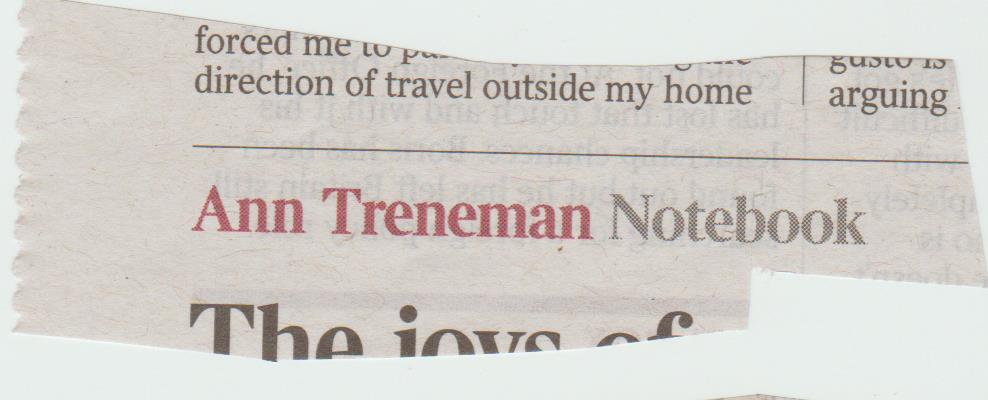
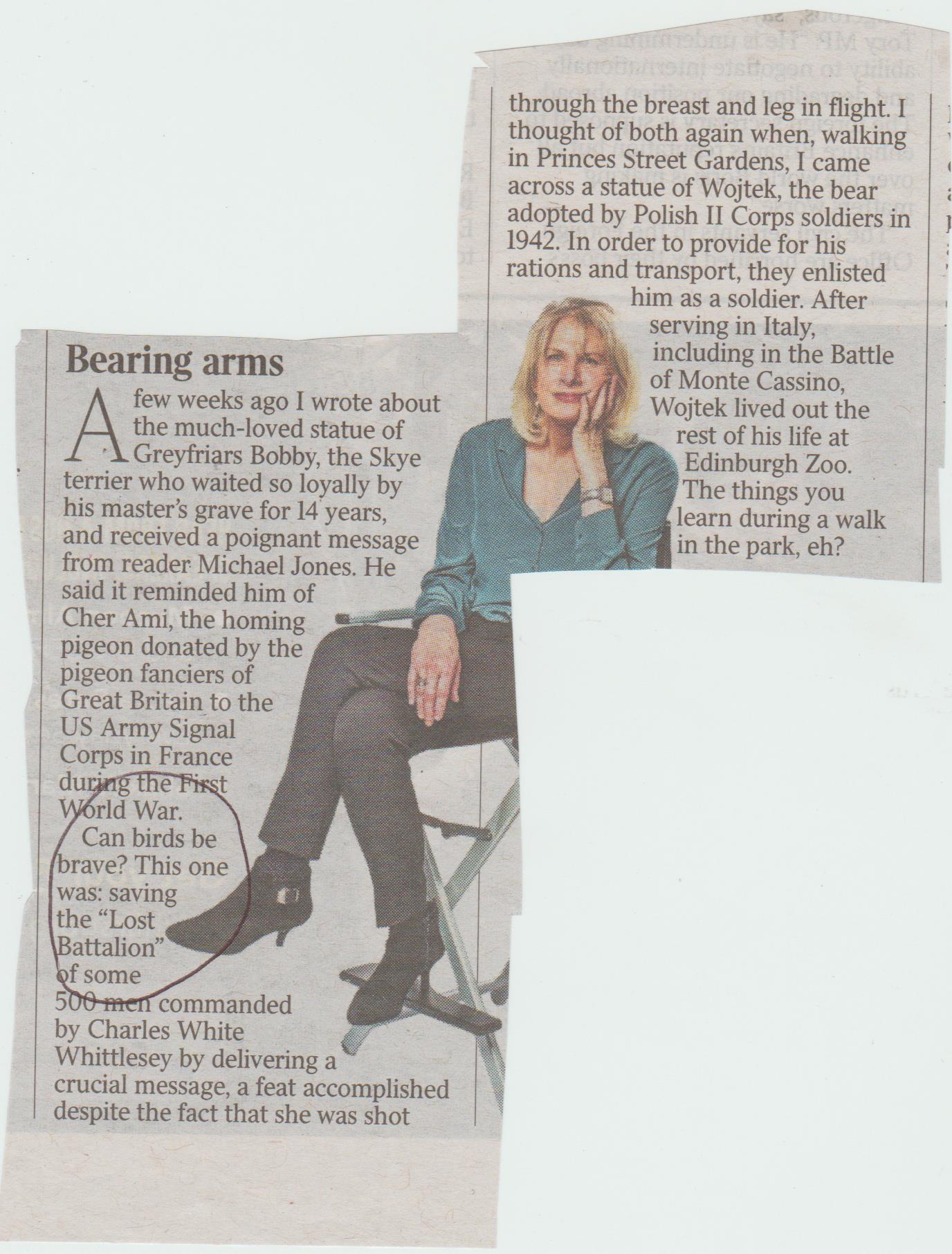 The Times, August 29, 2017
The Times, August 29, 2017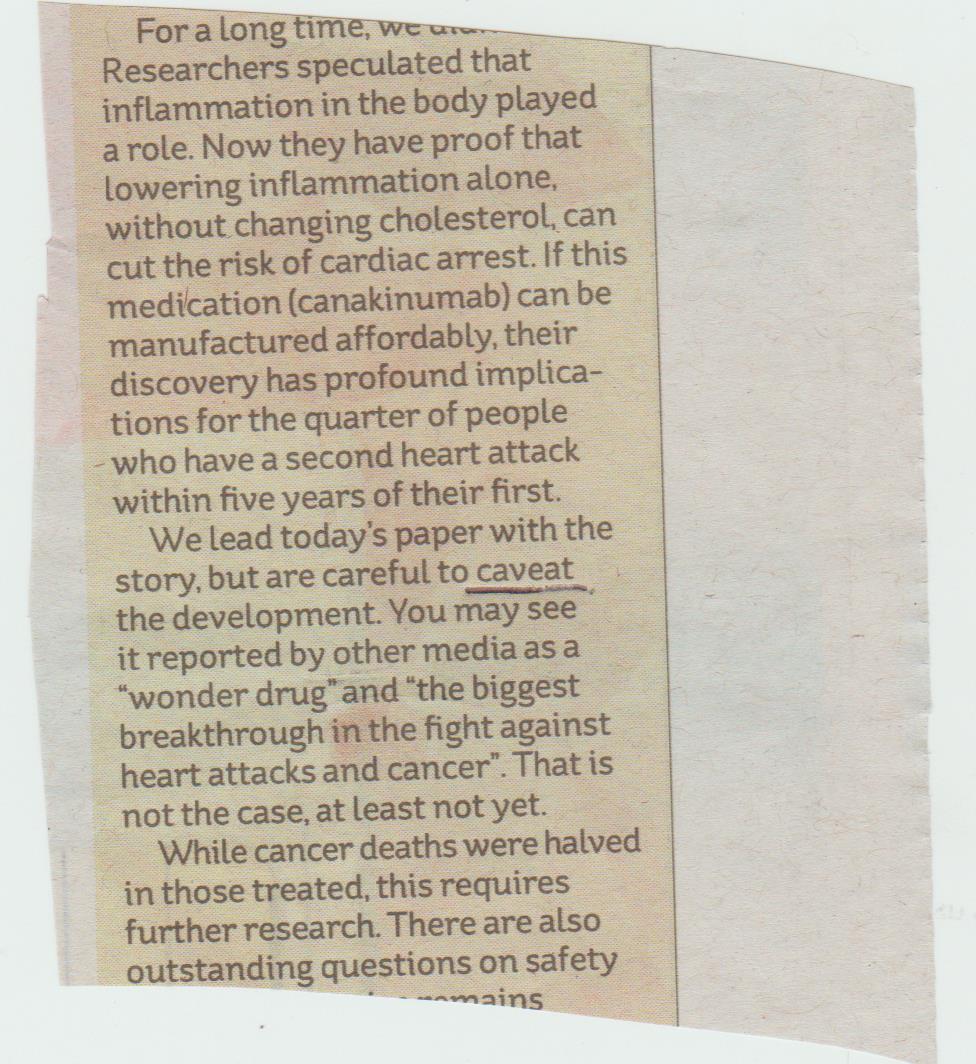 i newspaper, August 28, 2017
i newspaper, August 28, 2017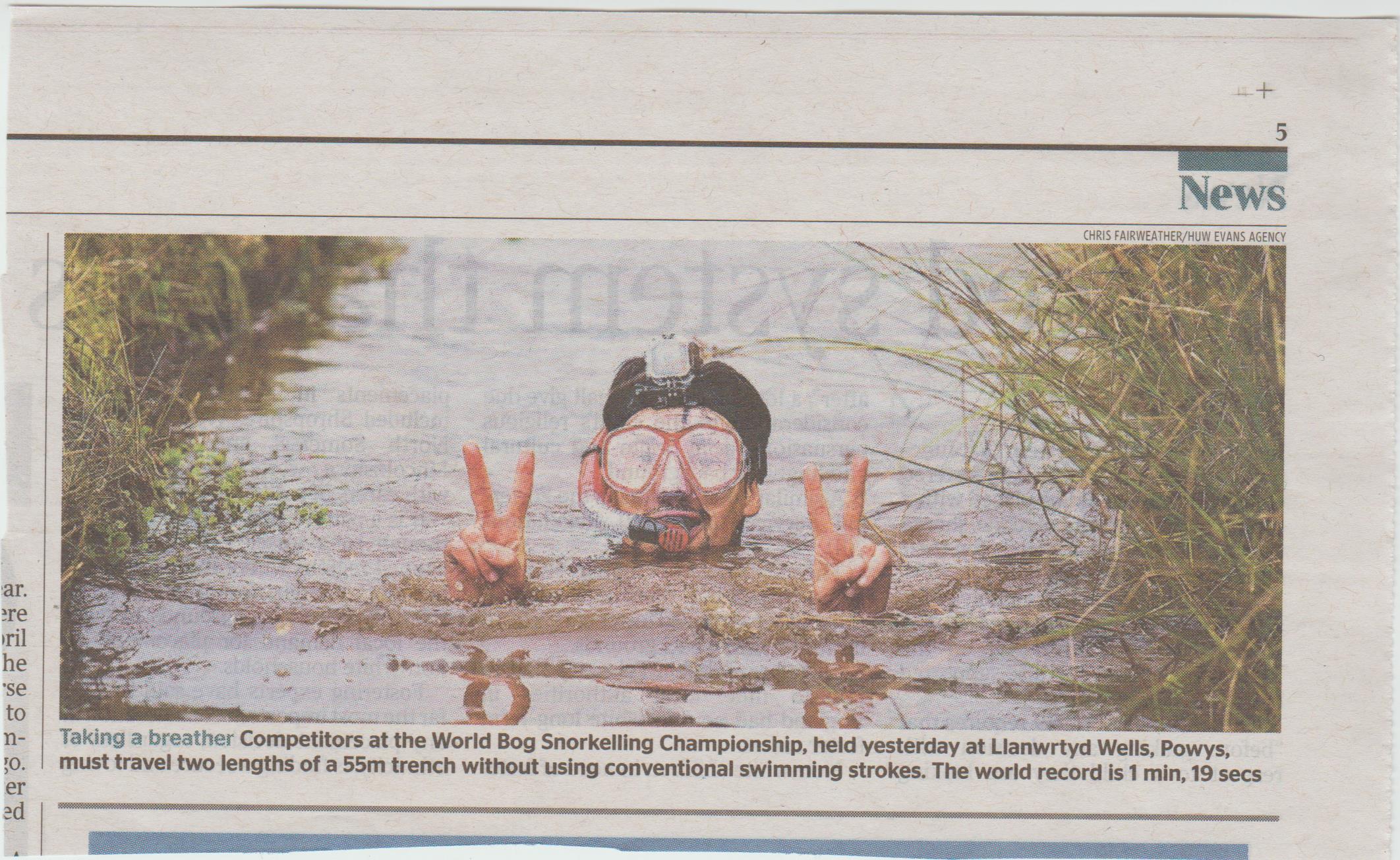 The Times, August 28, 2017
The Times, August 28, 2017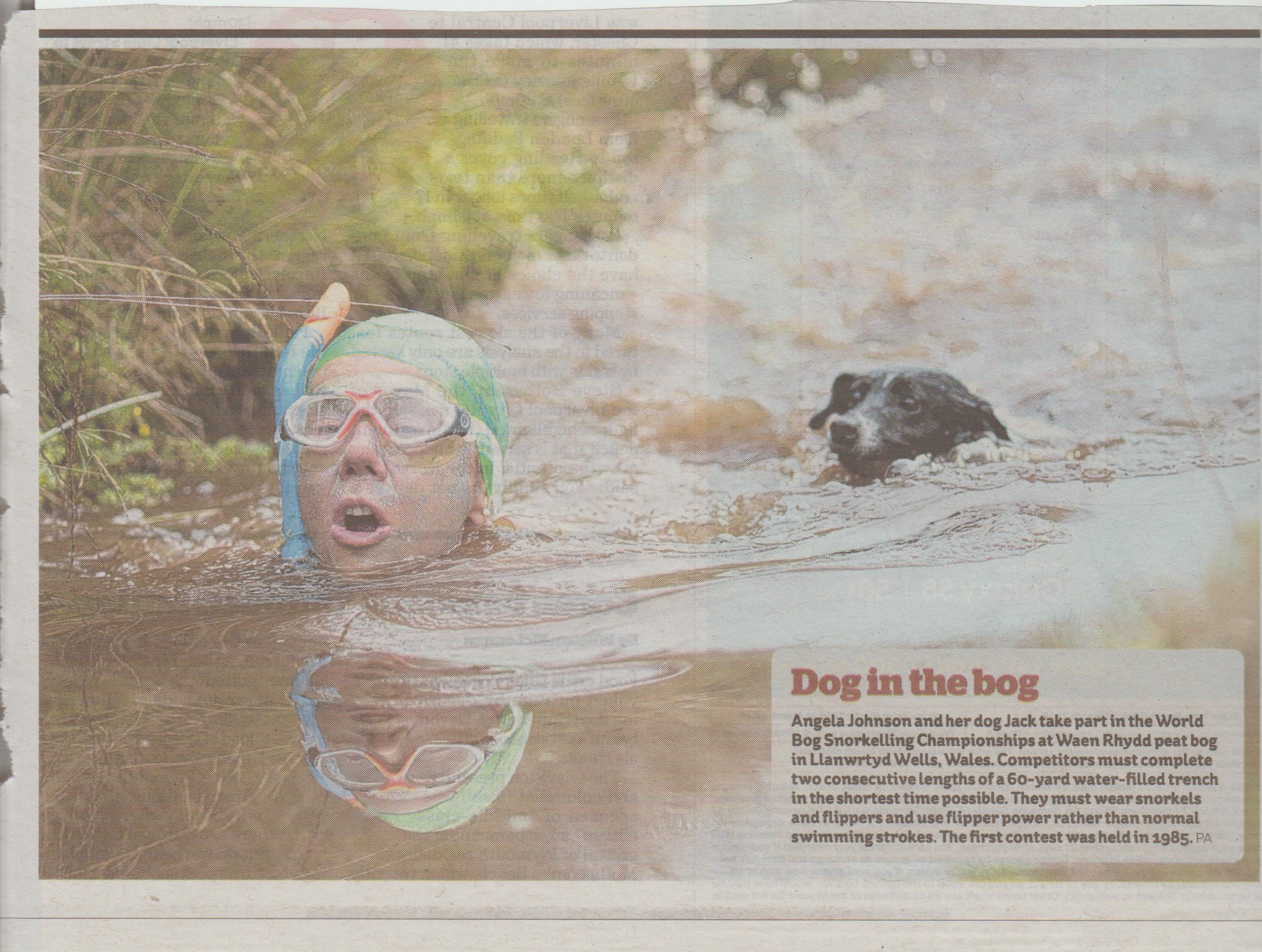 i newspaper, August 28, 2017
i newspaper, August 28, 2017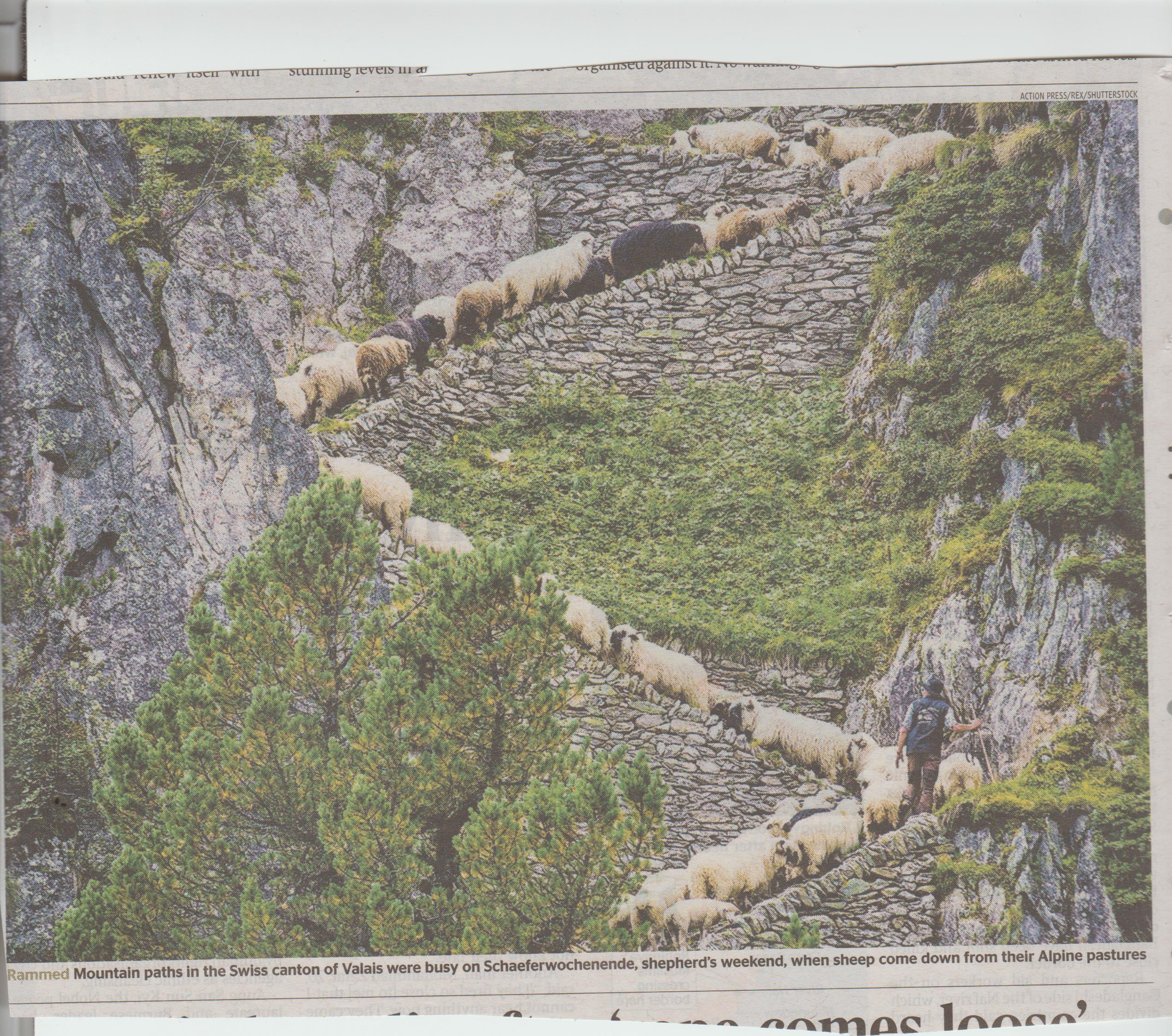 The Times, August 28, 2017
The Times, August 28, 2017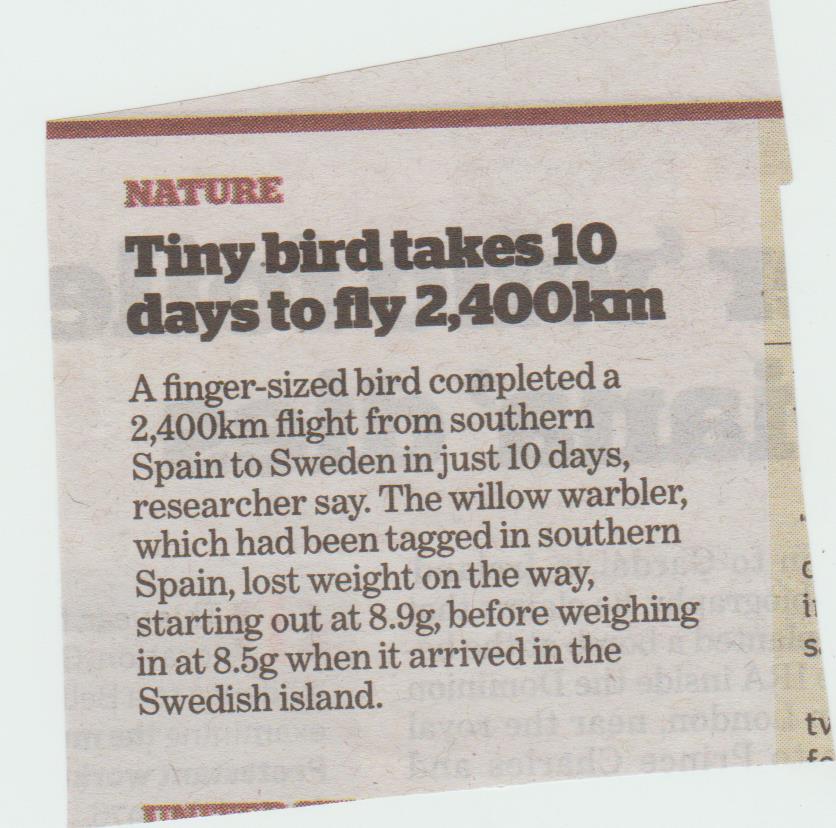 i newspaper, August 25, 2017
i newspaper, August 25, 2017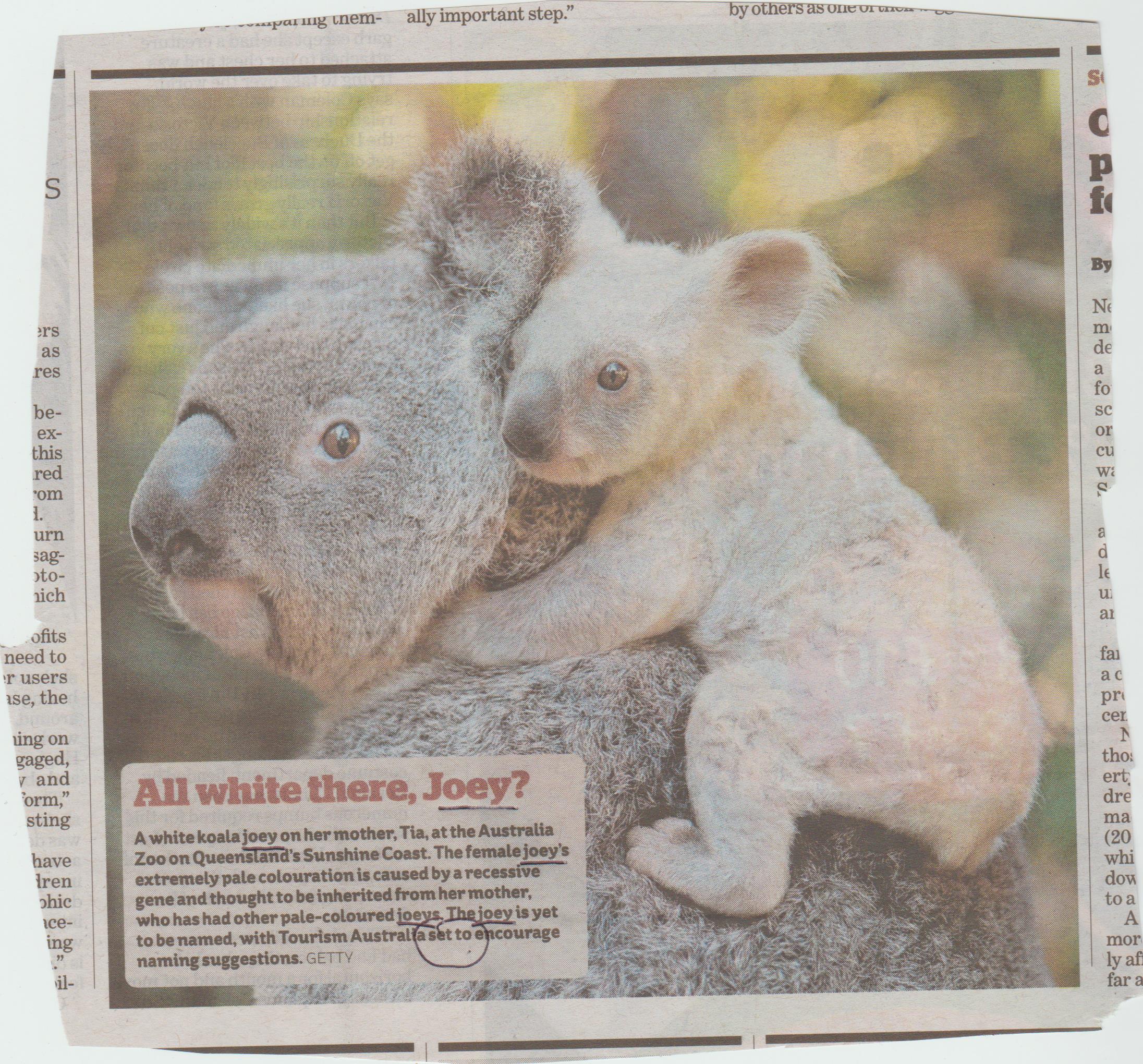 i newspaper, August 23, 2017
i newspaper, August 23, 2017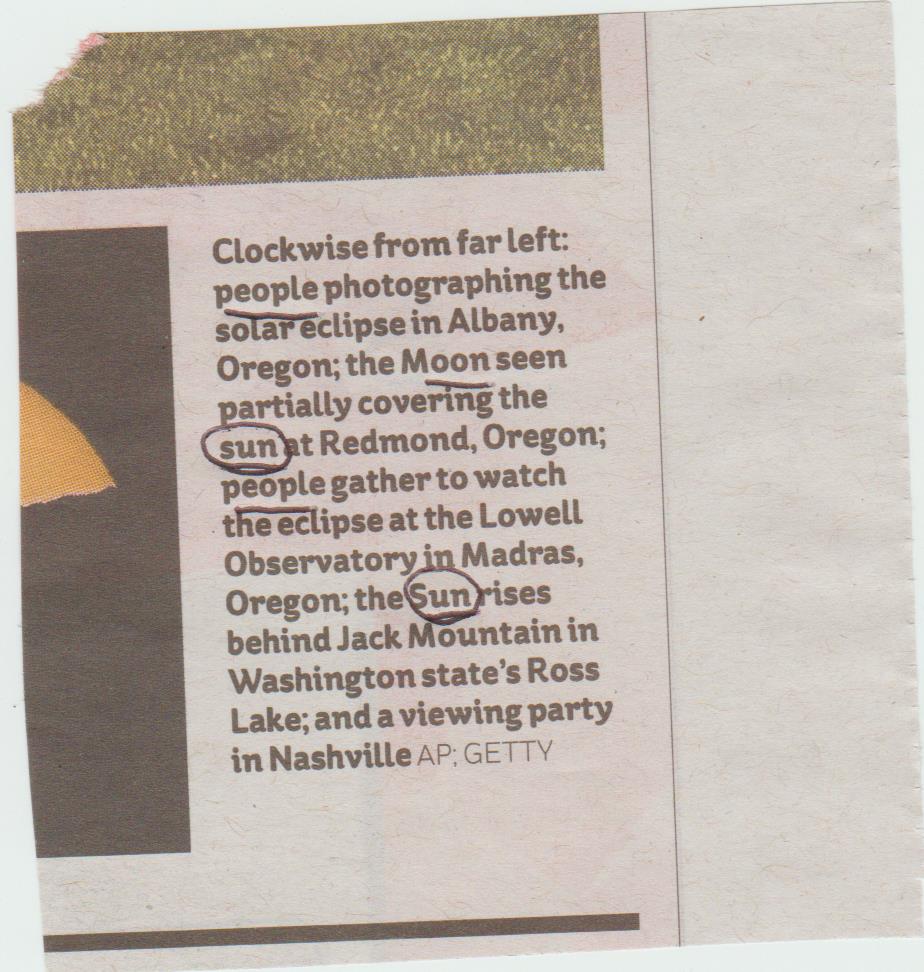 i newspaper, August 22, 2017
i newspaper, August 22, 2017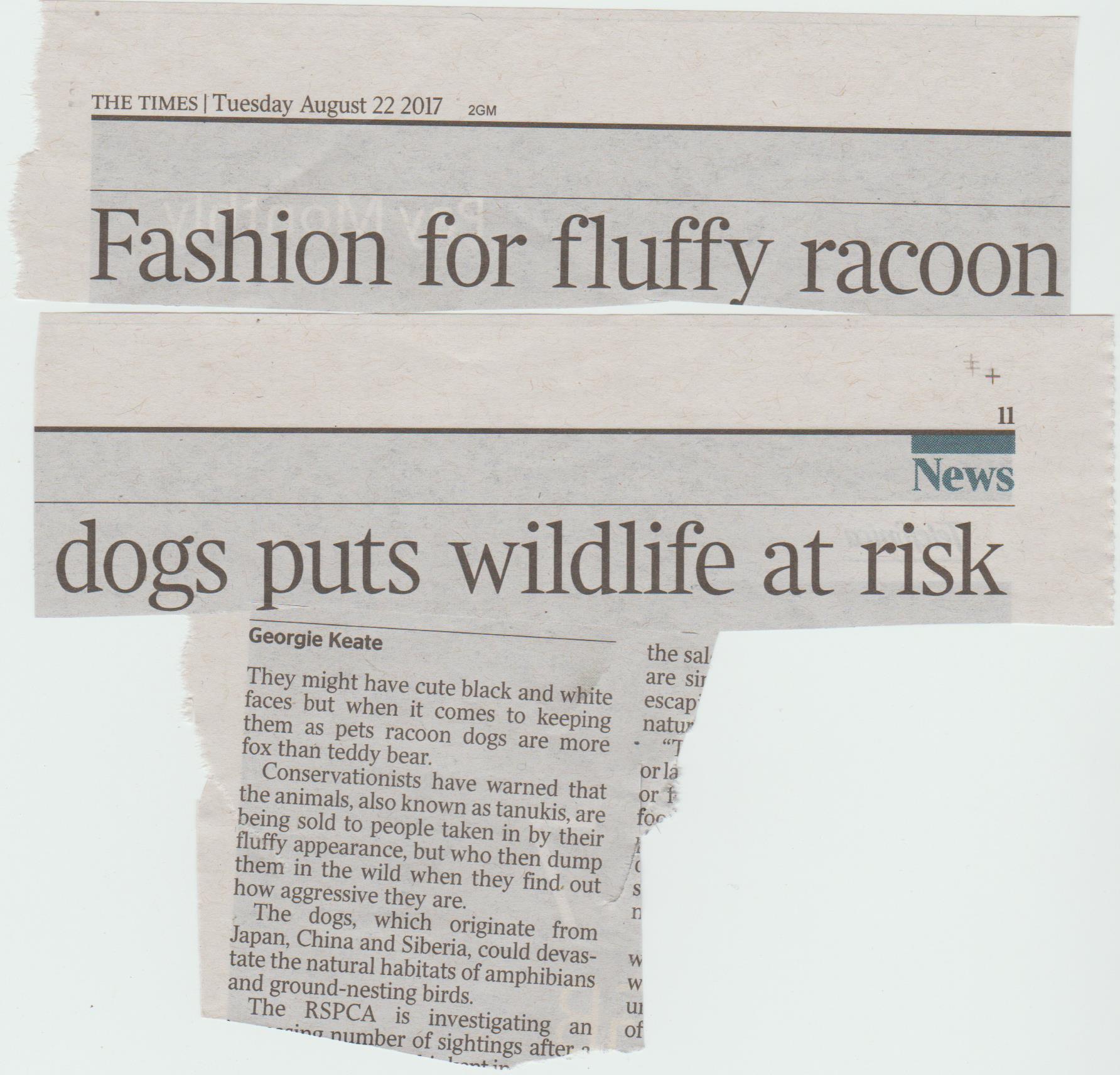 The Times, August 22, 2017
The Times, August 22, 2017